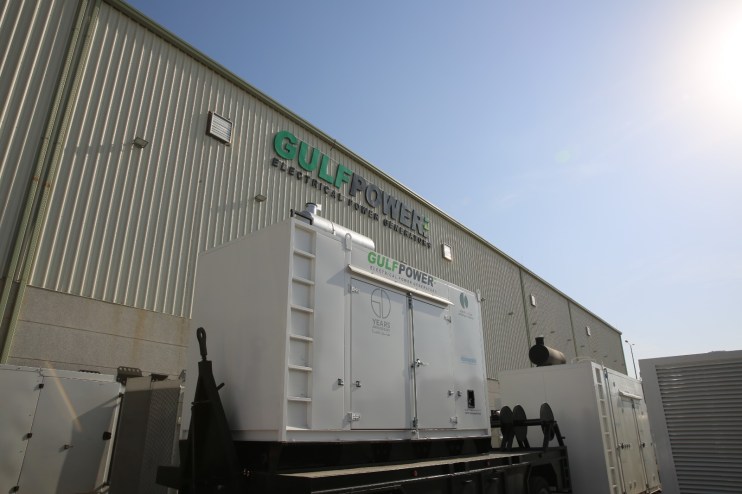How one family-owned firm is emblematic of Saudi’s economic transformation

“Whenever we see a window of opportunity, we try to go at it as much as we can,” Abdullah Alkhorayef tells Inside Saudi over Zoom. It certainly looks like it.
Since 1957, the family-owned conglomerate Alkhorayef – which now counts a full 8000 employees – has diversified, building on roots in agricultural engineering. The group offers solutions that range from oil pumping equipment to jet-skis, building long-lasting relationships with famous trade names from Volvo Penta to John Deere, and as the firm’s president, Alkhorayef’s day to day job is making sure the firm is taking advantage where it can.
Where better to be than Saudi for a firm that likes to do a little bit of everything? In recent years, “huge momentum” in the Kingdom’s economy has created all manner of openings.
“It’s good and bad,” he laughs. “When you are half-full in a restaurant and you see the dessert cart, you need to make sure you finish your very good main course.” The next opportunity is construction, with renewable-energy driven kit provided by Alkhorayef a key part of the Saudi ‘construction site’ as the country grows rapidly. The firm’s next move is whether to capitalise on the growth of the economy through operations, or going into equity partnerships with existing players.
In that way, the firm mirrors some of the work of the Public Investment Fund, the Saudi sovereign wealth fund. Domestically, the PIF is becoming a minority investor in a host of family firms, helping them to scale and invest but without taking formal ownership; Alkhorayef’s petroleum arm is one such recent example. Alkhorayef says the partnerships led by the PIF are a testament to the strength of family businesses in Saudi.
“Some 89 per cent of companies in Saudi Arabia are family-owned. It’s an economy driven by family businesses. And the government realised this, when they established Vision 2030.” Through two particular initiatives that Vision 2030 strategy sees family businesses given funding to grow but also identifies new growth opportunities for those conglomerates.
“Once the government announced Vision 2030, we’ve held events (with other family businesses) where we created a matrix, cross-referencing the opportunities with the existing portfolios of the business. So for instance in tourism, we didn’t want to go ‘into’ tourism, but we have the marine leisure equipment that will be an enabler for tourism in diving, so we introduced more products.” For Alkhorayef, that’s the power of the coalescing force of Vision 2030 and the agility of his firm.
The other force behind economic growth in Saudi are the Chambers of Commerce. Alkhorayef sits on the board of the Riyadh Chamber, and is the chair of the industrial committee, and he sees that grouping as a powerful “bridge” between government and business. “We’ve done hundreds of online sessions, physical sessions, exhibitions,” he tells me with pride. It’s all part of what he calls a really exciting time for the Saudi economy. I ask him, as a man whose revenues come just as much from overseas as domestically, whether he’s noticed a shift in the way people see the Kingdom.
“The companies we’ve been dealing with for years – we used to receive the regional officer, the regional representative,” he says. “Now we only receive CEOs!”
